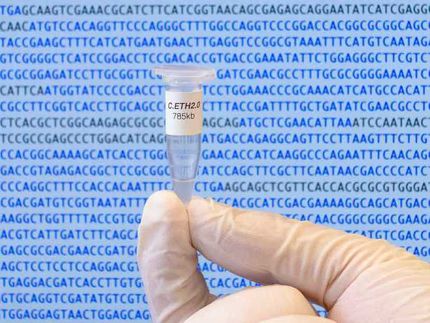Salmon genome in final phases of completion
Advertisement
The International Cooperation to Sequence the Atlantic Salmon Genome (ICSASG, the "Cooperation") has awarded the Phase II contract for next-generation sequencing and analysis of the Atlantic salmon genome to the J. Craig Venter Institute (JCVI). The JCVI will be sequencing the salmon genome using next-generation technologies, including assembly to integrate Sanger and next-generation sequence, and comparative genomics. This effort is expected to generate a high-quality resource for those responsible for the management of wild salmon stocks and the salmon aquaculture industry, as well as providing a reference genome for work with other salmonids.
The Cooperation was formed in 2009 as a partnership between the Research Council of Norway, the Norwegian Fishery and Aquaculture Industry Research Fund, Genome British Columbia, and the Chilean Economic Development Agency (CORFO) and its Innovation Agency InnovaChile. The group brings together expert biologists who have studied salmonids with commercial and government agencies interested in funding further study. Salmonids play a key commercial and environmental role; while some salmon genetic information is known, many fundamental questions remain.
"A fully annotated salmon genome will provide important information about the impact of cultured fish escapees on wild populations, about preservation of populations that are at risk, about strategies for fighting pathogens, and about environmental sustainability issues," says ICSASG chair Dr. Steinar Bergseth at the Research Council of Norway. "A fully assembled reference sequence available for researchers worldwide will have a major impact on research into salmon and other salmonids, such as rainbow trout."
"This is a good example showing that science allows nations and institutions to cooperate on a field where they usually are competitors" says CEO Gonzalo J. Herrera of CONICYT.
"The salmon genome is large and contains repetitive sequences which make it a more difficult genome sequence to assemble. Working with ICSASG, we will complement the Phase I data with next-generation sequence data to provide the most complete salmon genome possible," says Dr. Jason Miller PhD, an associate professor at JCVI.
























































